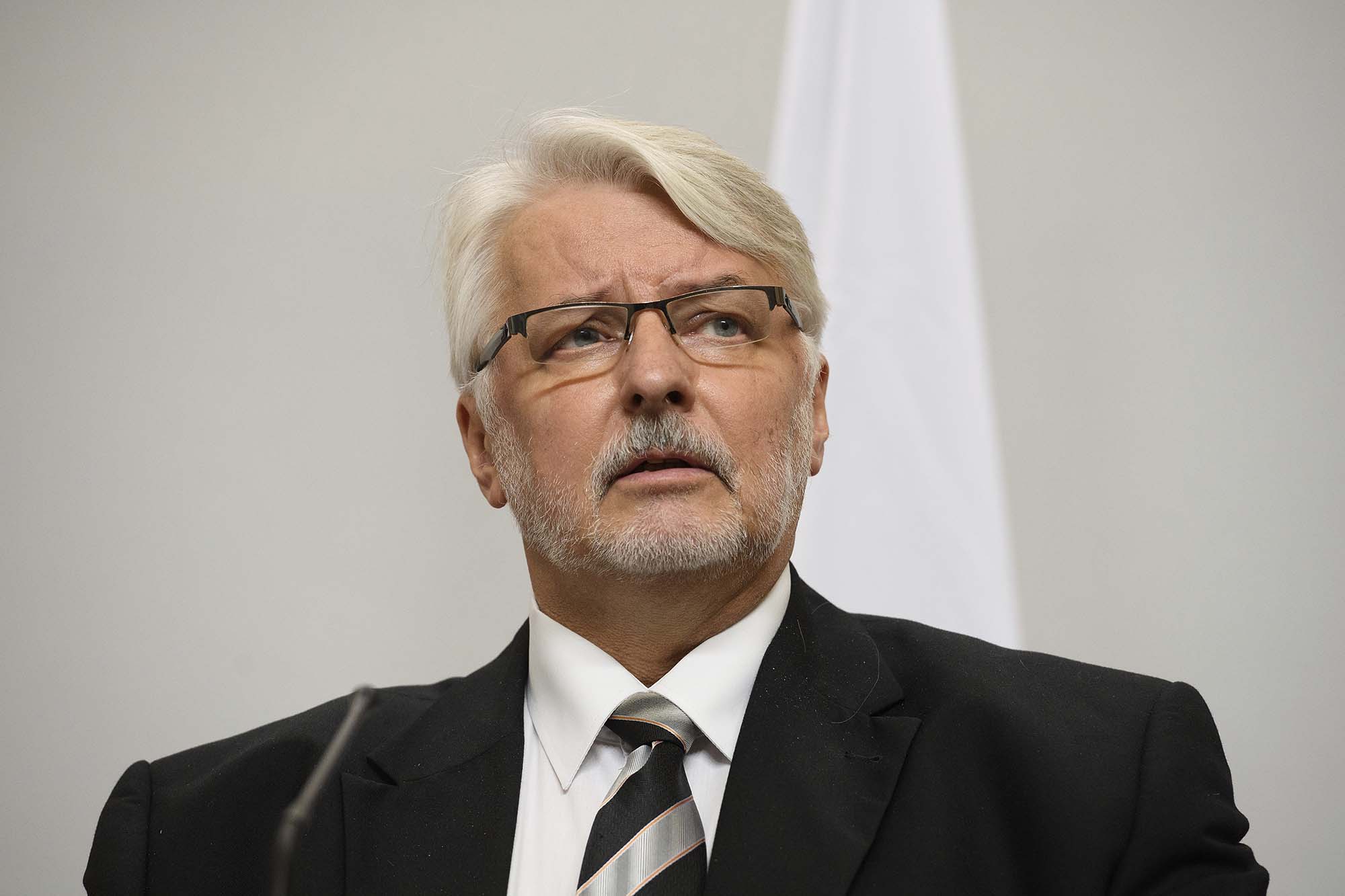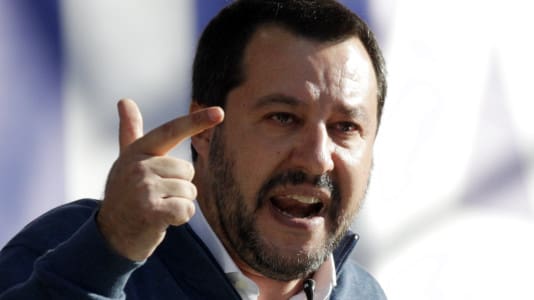The conflict between Poland and the European Union over the rule of law continues, and the stakes have never been higher for Poland.
The European Commission has blocked funds from the EU Recovery Fund, which rightfully belong to Poland, and has demanded changes to the Polish judicial system. The condition for releasing billions of euros to Poland from the recovery fund is conditional on the abolishment of the Disciplinary Chamber of the Polish Supreme Court, which the EU has long sought to remove.
Simultaneously, EU Commissioner for Internal Market Thierry Breton told portal RP.pl that “he did not see a possibility for the funds to be paid out to Poland in 2021.”
He noted that the EU was conducting intense negotiations with Poland to release the funds as quickly as possible.
Former Polish Foreign Minister Witold Waszczykowski declared that “the European Commission’s actions towards Poland were pure blackmail.”
He appealed to the Polish government to not give in.
“In October, the Commission presented a dictate to Poland which was definitely not based on European law. This cannot be accepted. This is blackmail and one should not give into blackmailers,” Waszczykowski emphasized.
He assured that while Poland would manage without the money from the recovery fund, the Polish government will not cease its fight for the payment of funds which rightfully belong to Poland.
Negotiations will continue, but the EU will continue to use funds as a form of leverage over Poland in the coming months and years.
“This money was meant to be used for decarbonization projects, among other things. If we do not get this money, then we will not adapt our economy at the rate that the Commission would like,” he said. The former foreign minister added that Poland may withdraw its recommendation and guarantees for the European Commission’s activity.
He stressed that any issues associated with the judicial system remain the sole competency of EU member states, as stipulated in the founding treaties.
“The judiciary is not up for any kind of discussion. We have 27 judicial systems in the EU. We are not the ones explaining ourselves, but the Commission should explain itself,” he said.





